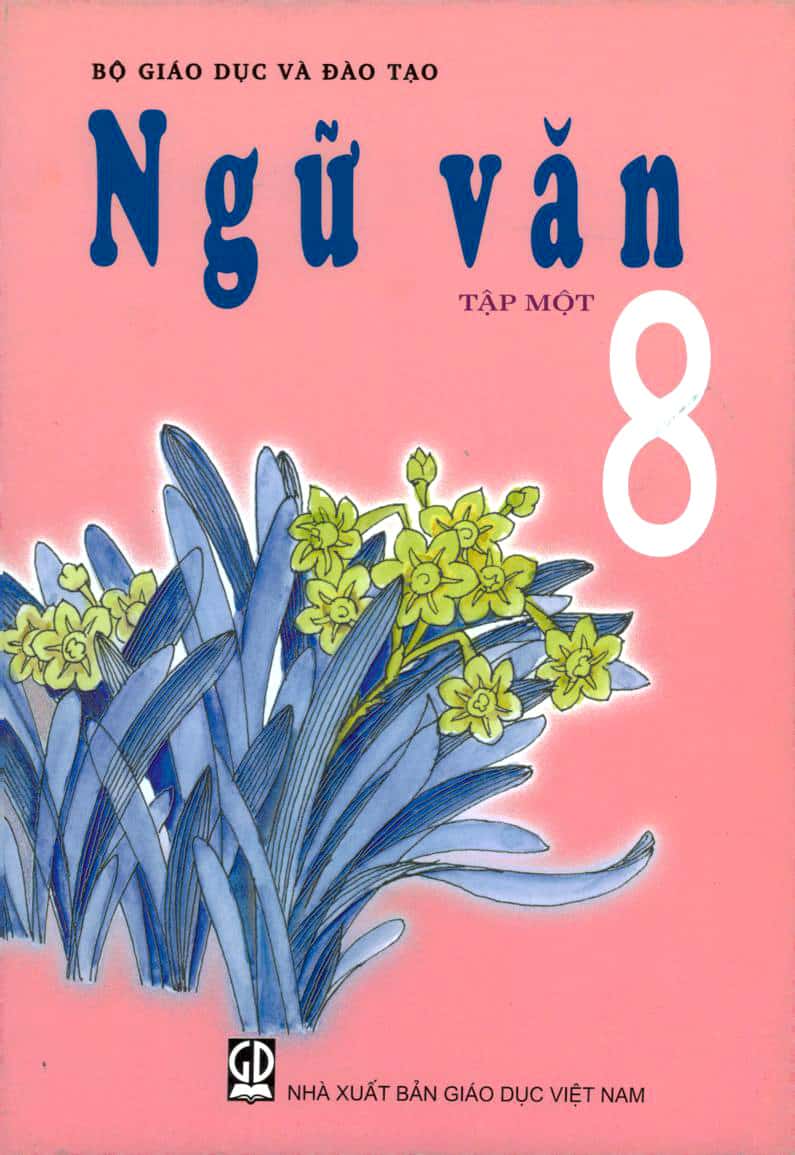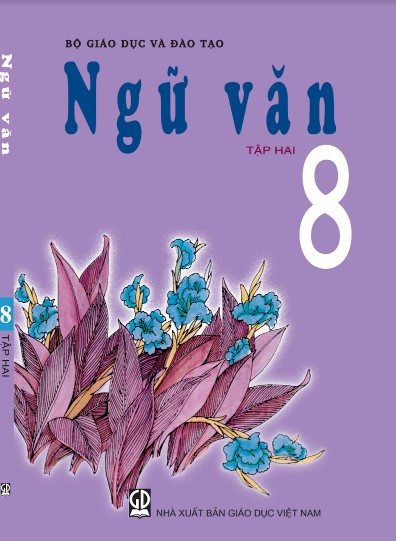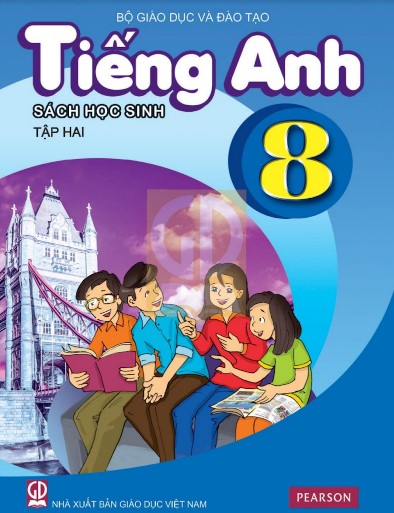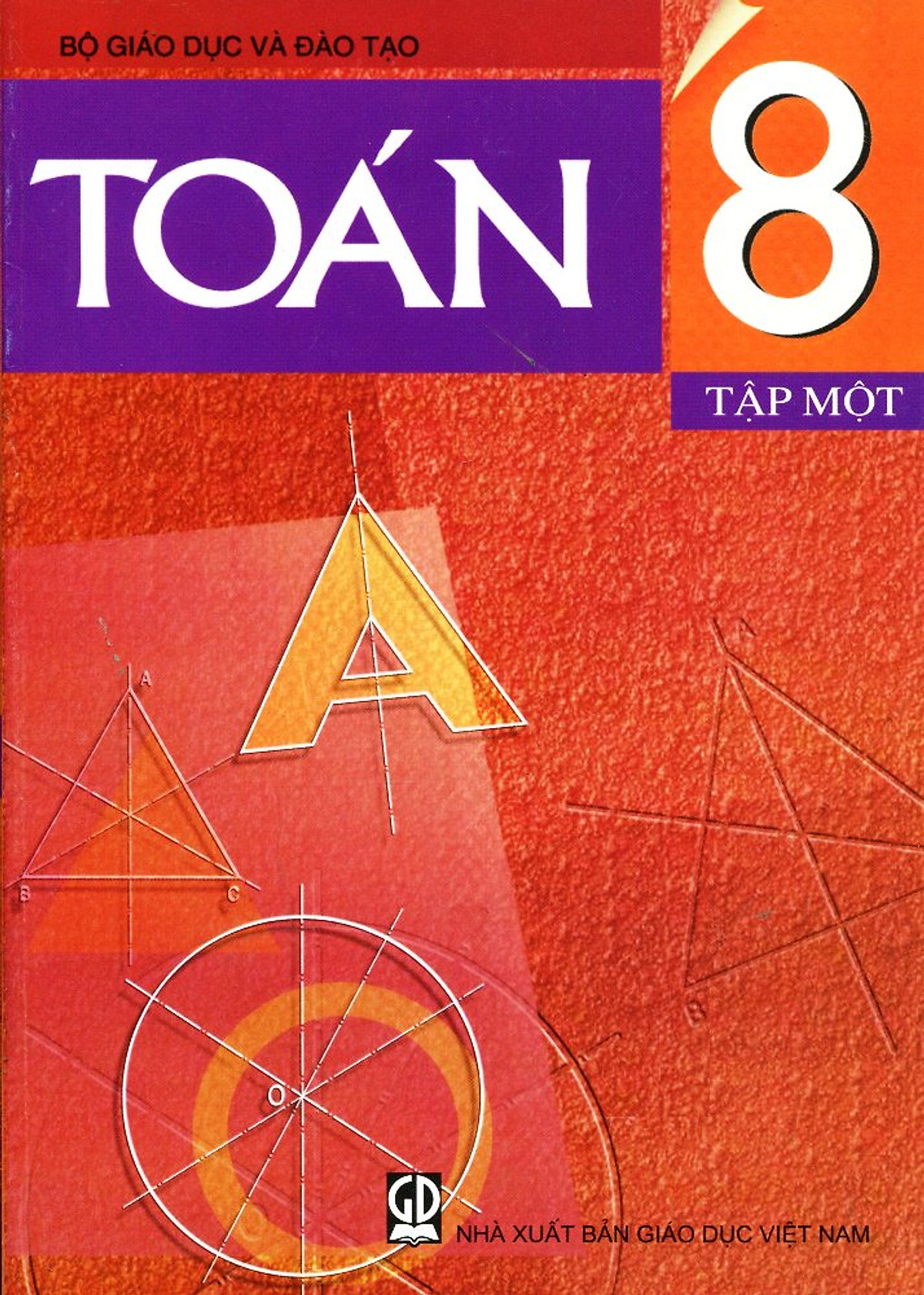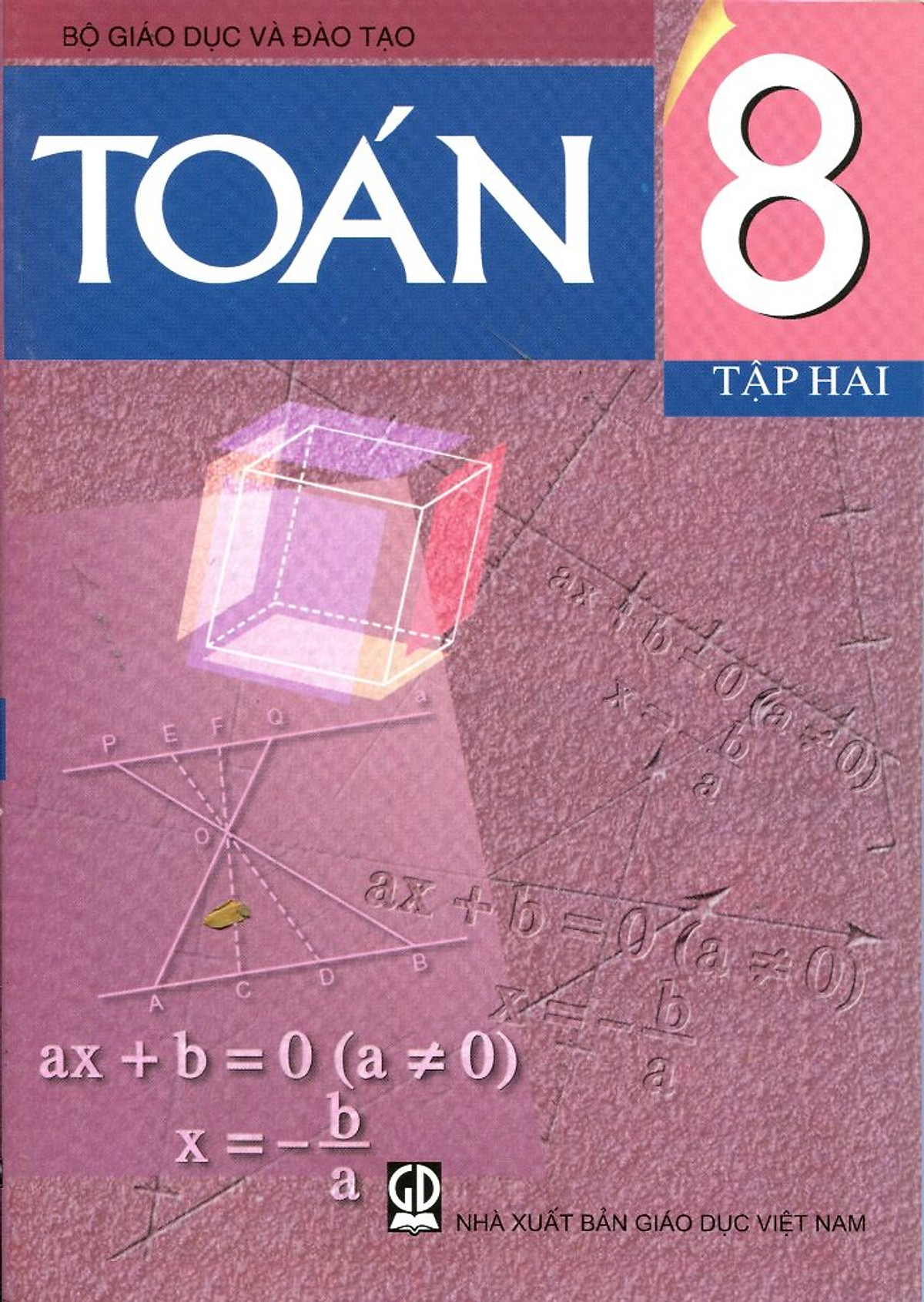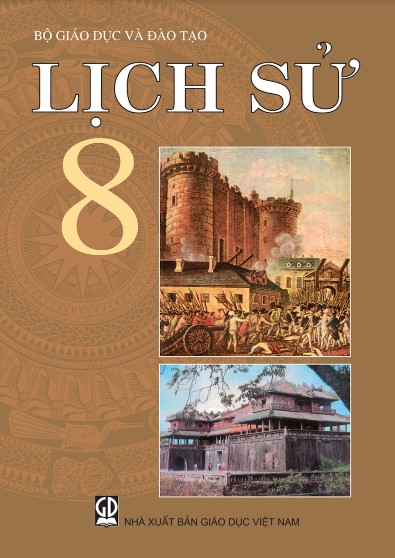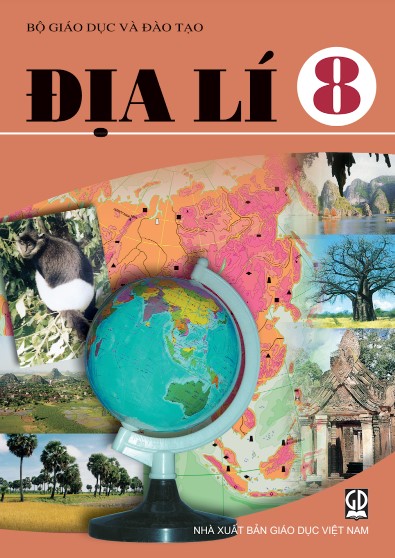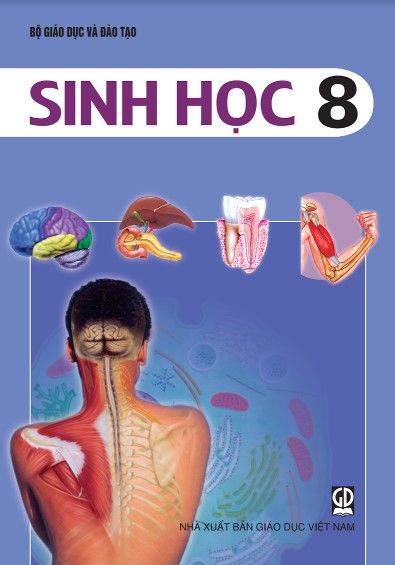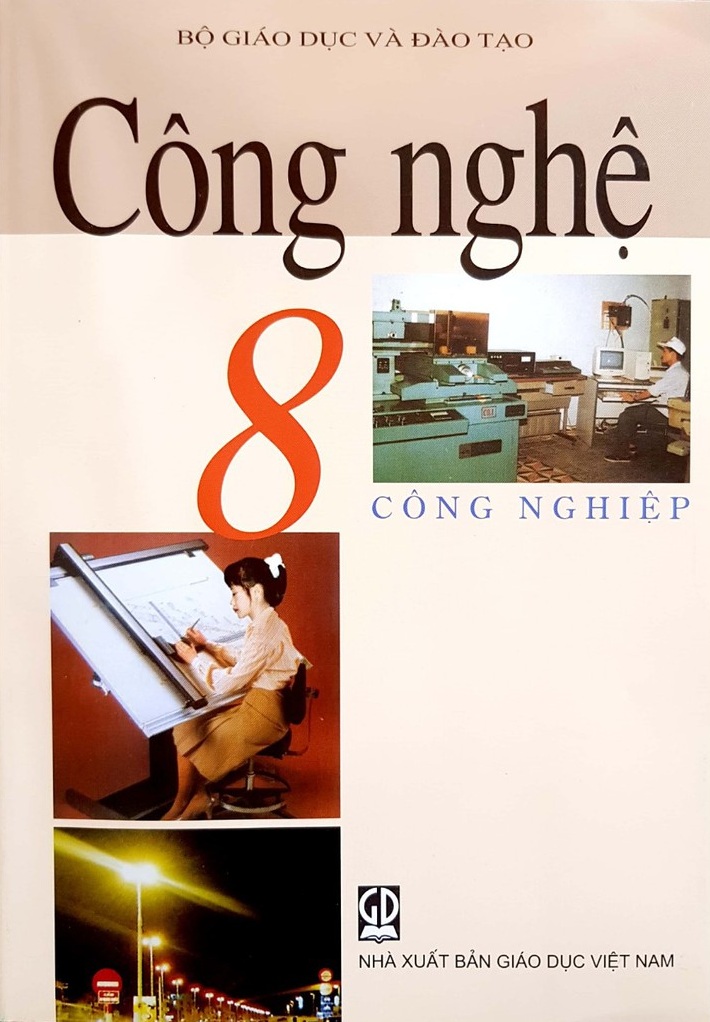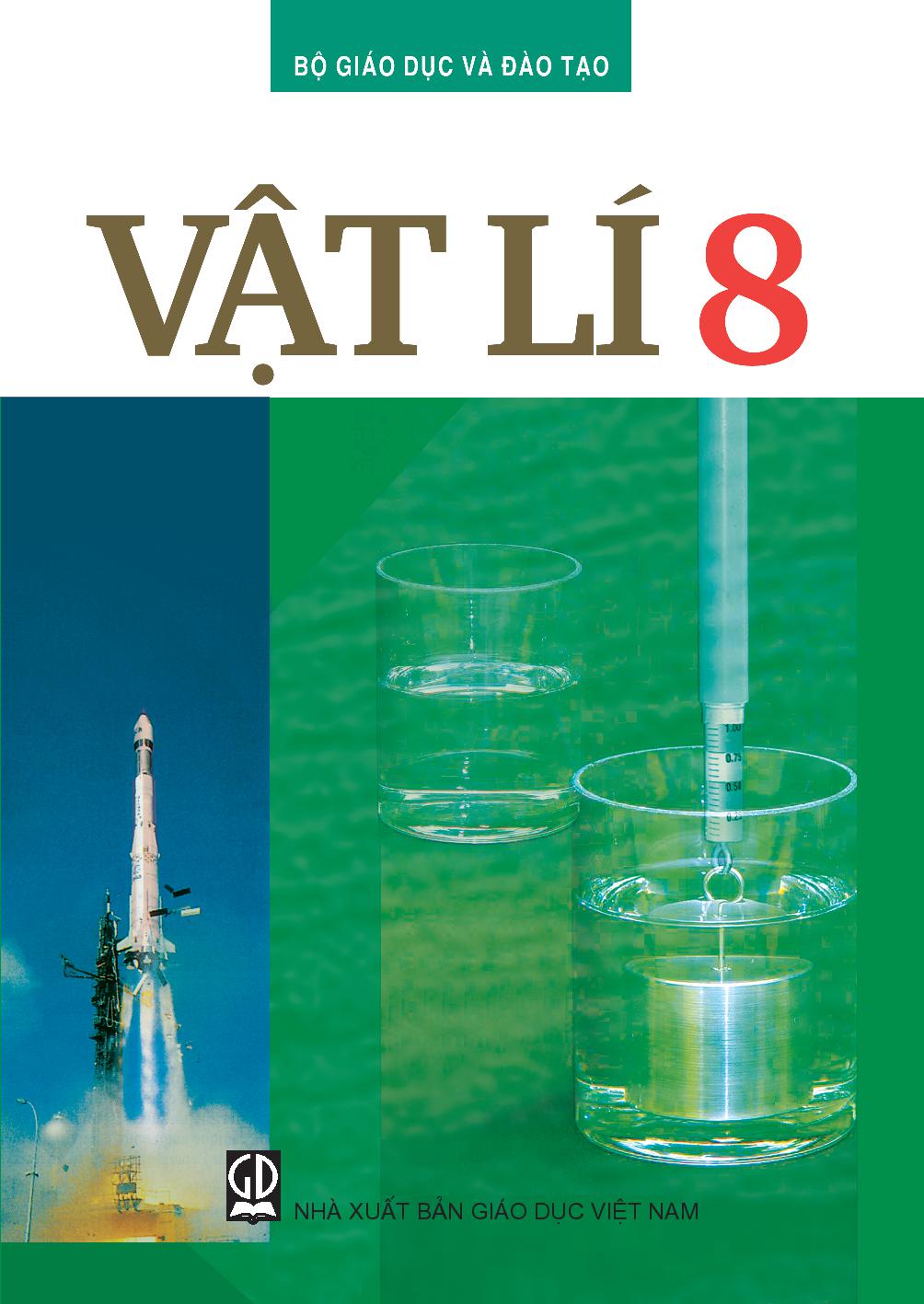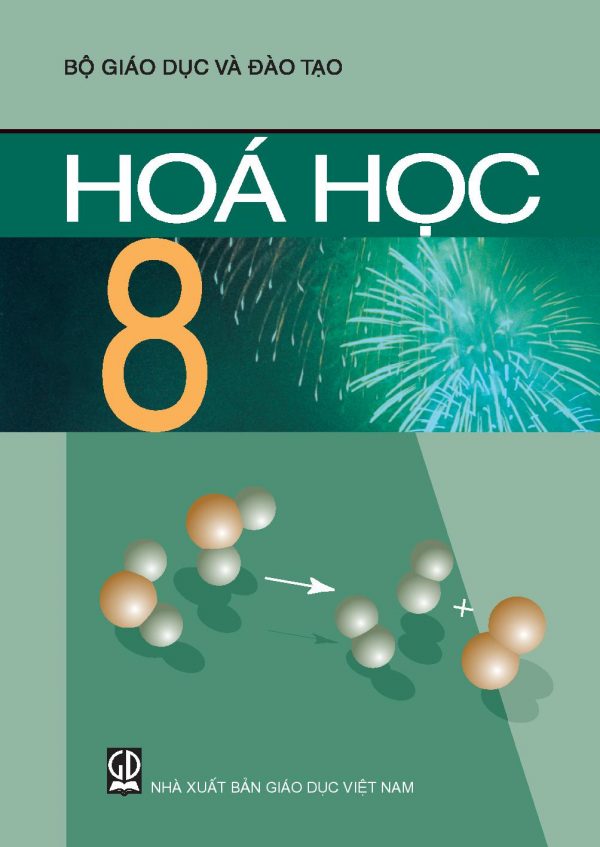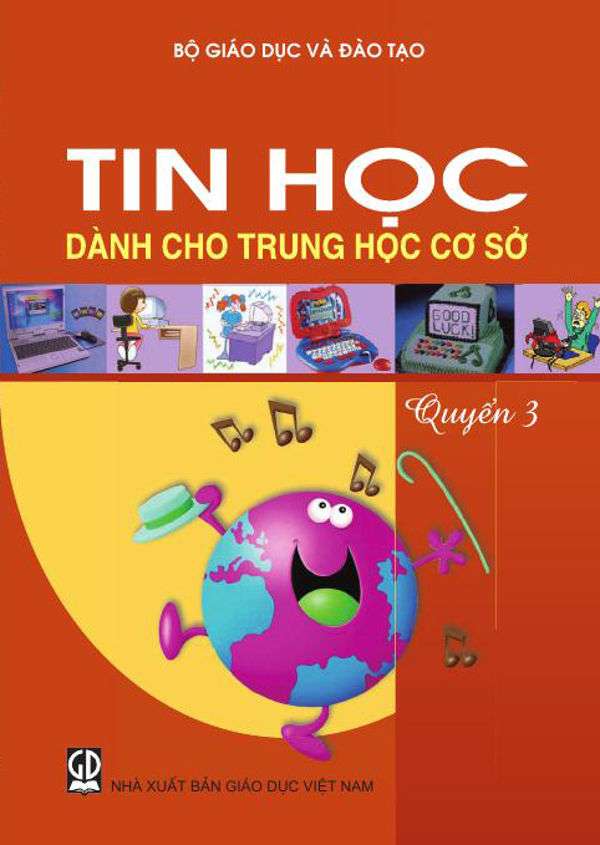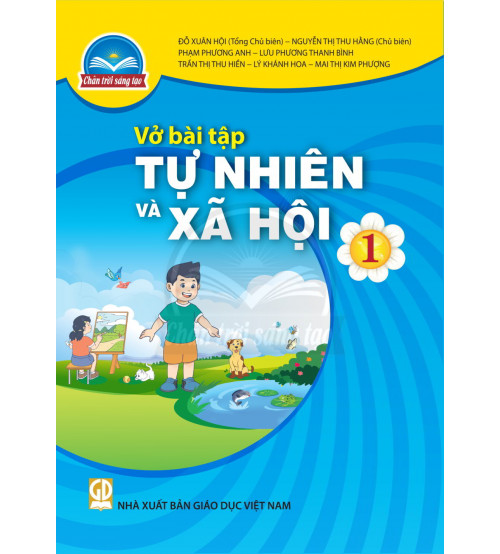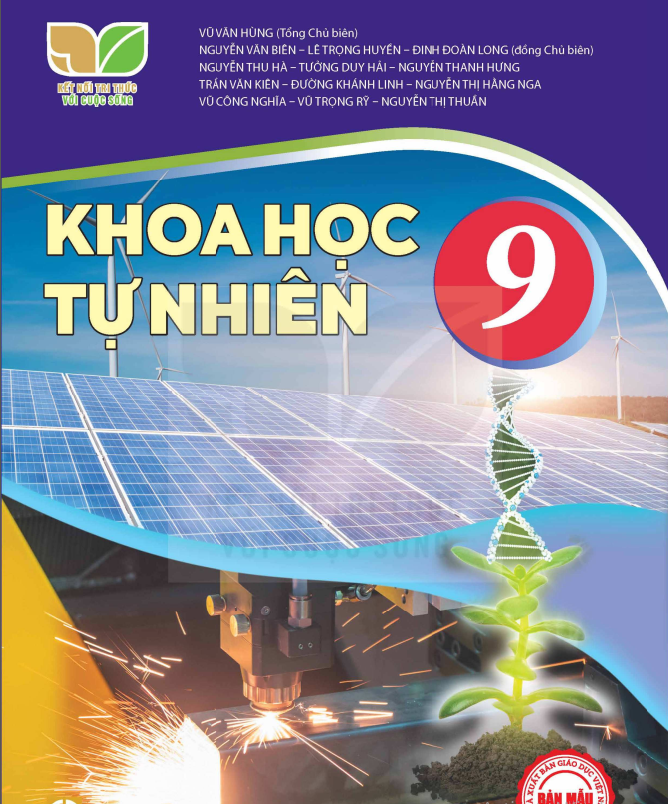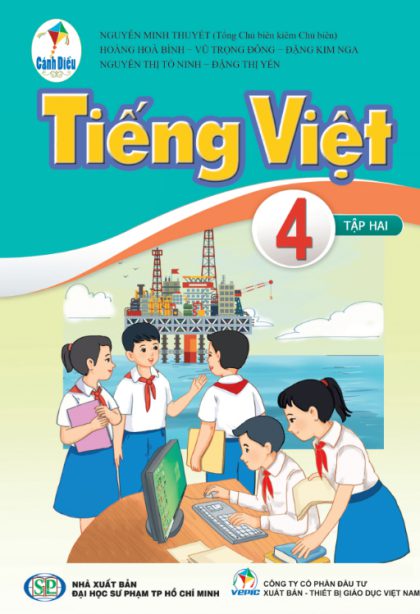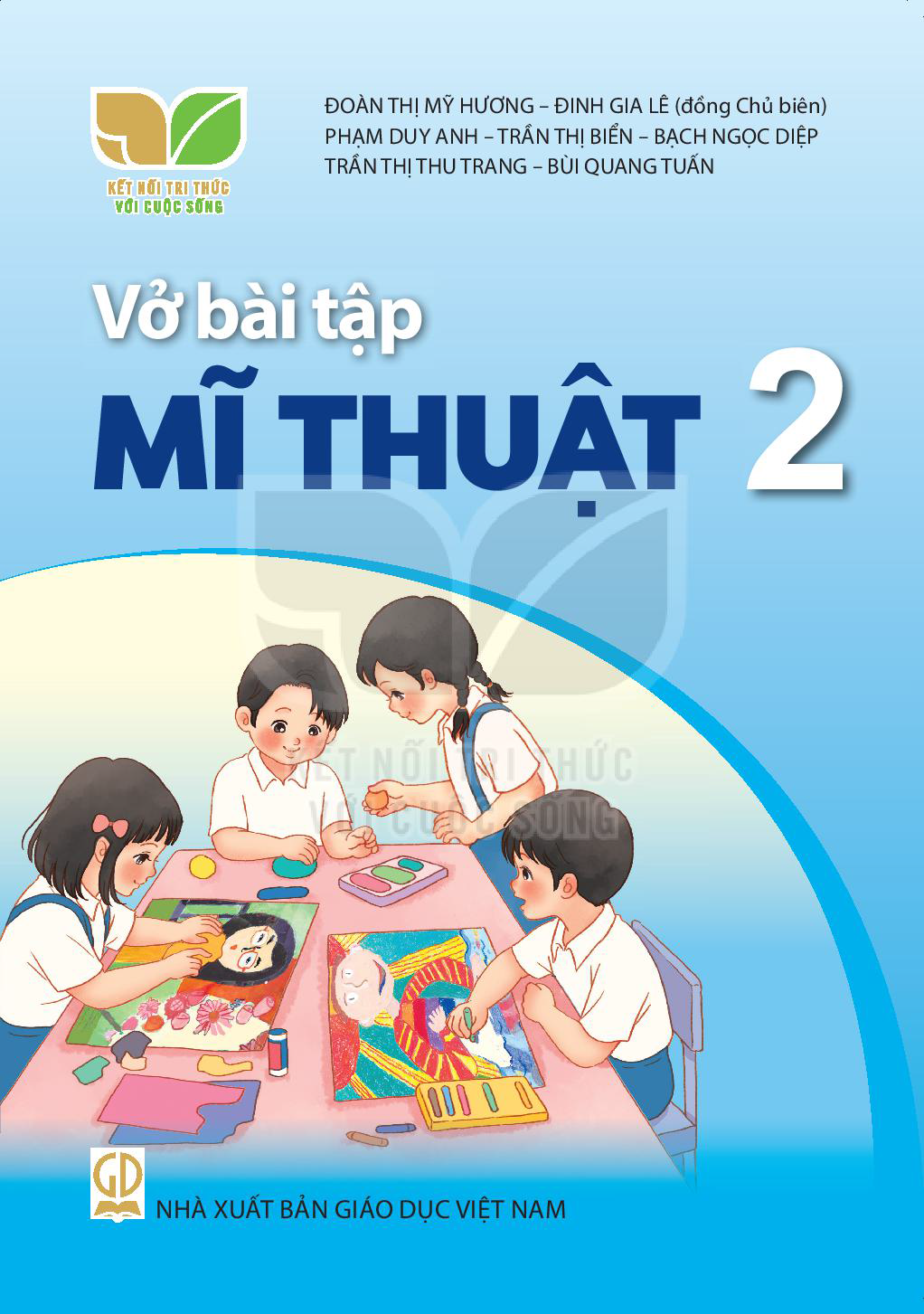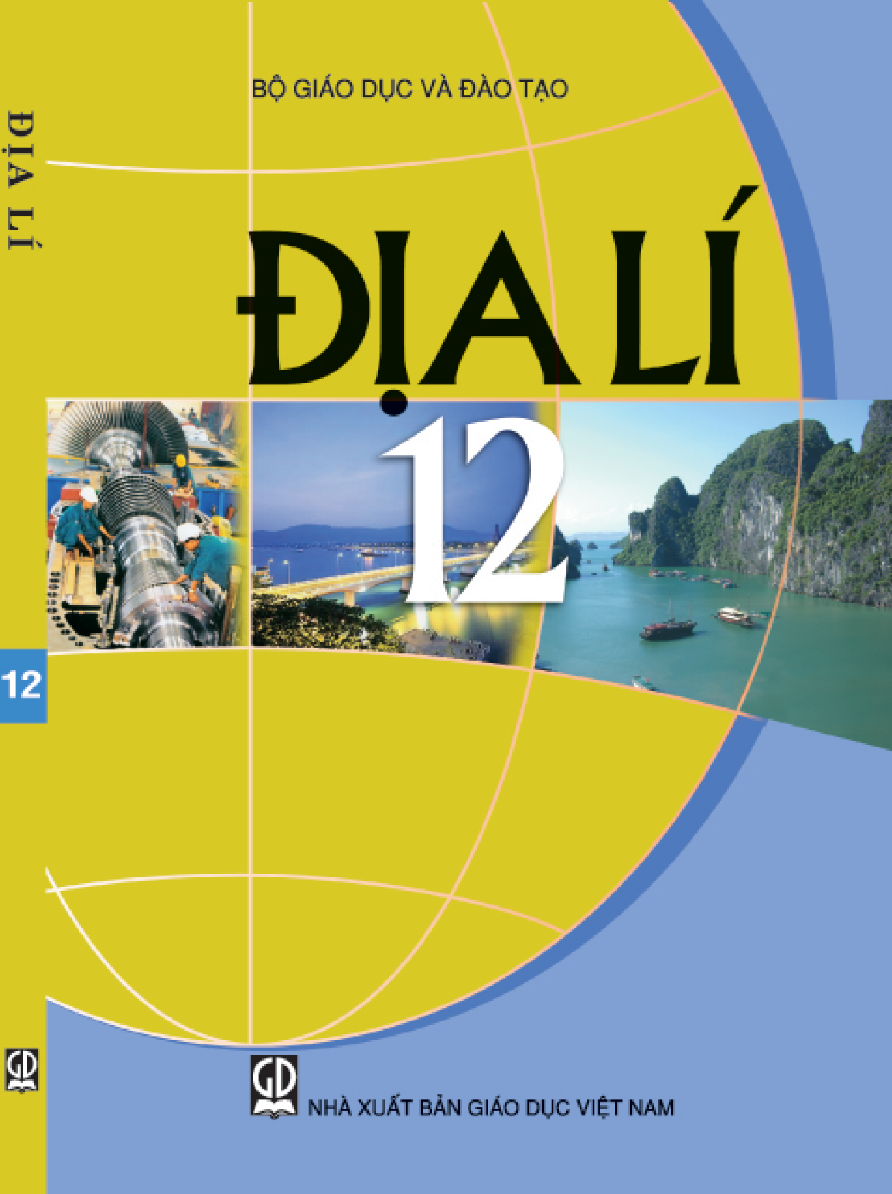Vocabulary
1. Match the adjectives (1 - 7) with their opposites (a - g).
| A | B |
| 1. major 2. simple 3. modern 4. spoken 5. rich 6. developed 7. important | a. written b. insignificant c. complicated d. minor e basic f. poor g. traditional |
2. Use some words from 1 to complete the sentences.
1. Many ethnic groups have their own languages, and some even have __________ languages.
2. People in some far-away mountainous regions still keep their __________ way of life.
3. Gathering and hunting still play a(n) __________ role in the economy of the Laha.
4. Ethnic peoples in the mountains have a __________ way of farming. They use __________ tools to do the farm work.
5. The Muong in Hoa Binh and Thanh Hoa are well-known for their __________ folk literature and their traditional songs.
3. Work in pairs. Discuss what the word is for each picture. The first and last letters of each word are given.
Pronunciation
Clusters: /sk/, /sp/ and /st/
4. Listen and repeat the following words.
| skateboard display instead basket | stamp first crisp space | speech station school task |
5. Listen again and put the words in the right column according to their sounds.
| /sk/ | /sp/ | /st/ |
|
|
6. Listen and read the following sentences. Then underline the words with the sounds /sk
1. The Hmong people I met in Sa Pa speak English very well.
2. You should go out to play instead of staying here.
3. This local speciality is not very spicy.
4. Many ethnic minority students are studying at boarding schools.
5. Most children in far-away villages can get some schooling.
